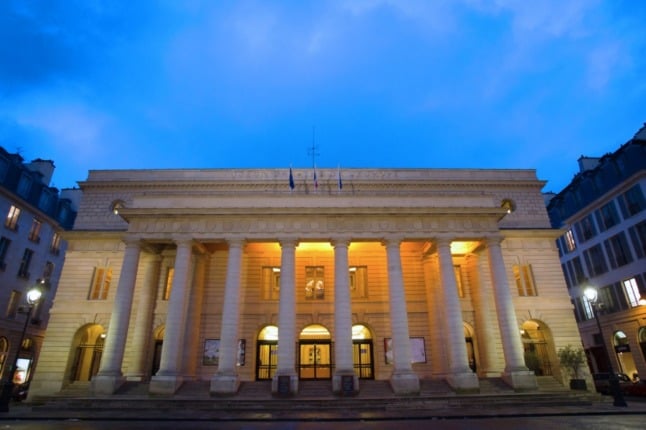The Spuds & Sill Amateur Drama Society of Stockholm is gearing up to perform the Irish farce “Don’t Tell the Wife!” by playwright Sam Cree at the Stockholm International School.
Spuds & Sill, which is part of the Swedish Irish Society in Stockholm, is a drama group that brings the “strong tradition” of amateur theatre–that is, theatre put on by actors and crew with little to no dramatic experience–from Ireland to Sweden, Founder Maura Heverin tells The Local.
Founded in the winter of 2009, the group started out rehearsing 2-3 days a week in the cellar of a Gamla Stan pub in January 2010, and put on its first production last May.
“Most [of the] people, they’ve never been on a stage before and they have little experience…but they have a lot of enthusiasm. And that’s what you need,” Haverin says.
In addition, although the group focuses on presenting productions with an “Irish theme or connection,” Spuds & Sill is an international society, featuring members not only from Ireland, but also from Sweden, France, Finland, and the United States, Haverin explains.
The group’s upcoming production, “Don’t Tell the Wife!” is a “farcical comedy” by well-known Irish playwright Sam Cree, says Director Alibhe Keating.
Set in 1960s Belfast, the play centers on a longtime married couple whose relationship is tested when a hilarious misunderstanding causes the wife to suspect her husband of cheating.
“It’s very much tongue-in-cheek humour,” Keating says.
Also, though the play has an Irish setting and certain Irish elements, both Haverin and Keating note that Spuds & Sill chose to perform it because of its universal content.
“You don’t have to be familiar with Irish culture, Irish history to understand the play,” Haverin says.
In addition, “It’s a subject matter that translates internationally–the same issues, same problems, same things happening all over the world,” Keating explains.
According to Keating, the group hopes the play will appeal to an audience of English-speakers and expatriates in Sweden, as well as Swedes who are looking to “have an enjoyable evening of entertainment through English.”
“It’s very light-hearted. So we just hope that people come along and have a laugh and enjoy themselves,” she says.
“Don’t Tell the Wife!” will be performed at the Stockholm International School on the weekend of March 11-12. Doors open at 6 PM, performances begin at 7 PM. Tickets are 100kr and can be reserved on the Spuds & Sill website. They must be paid for in cash on the night of attendance. In addition, Spuds & Sill welcomes new members.



 Please whitelist us to continue reading.
Please whitelist us to continue reading.
Member comments